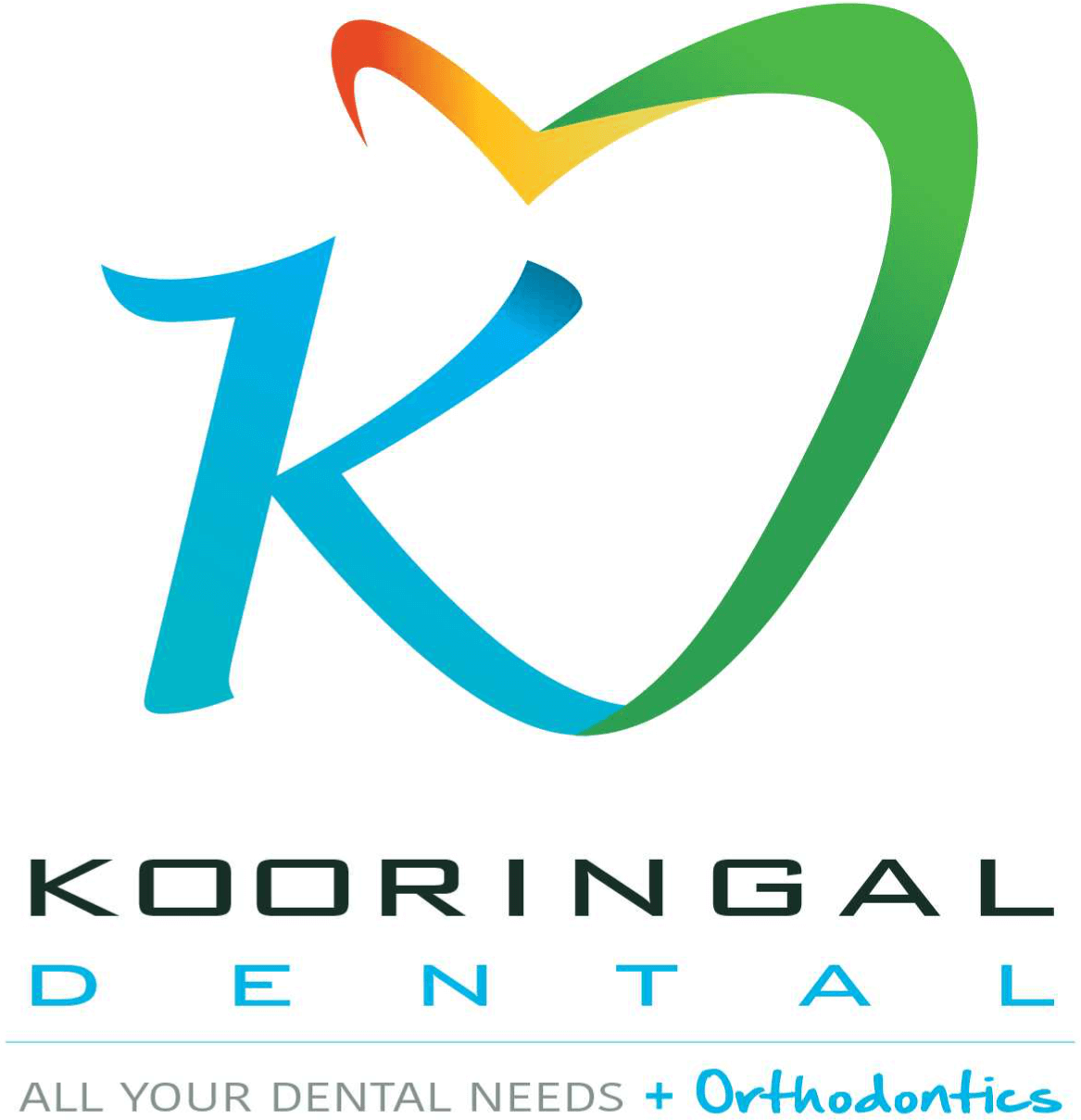Do you want a more permanent solution to missing teeth that will not move?
At Kooringa Dental, our team is proud to offer suitable patients dental implants Wagga. Our cosmetic team will aim to restore your smile to its former glory (or better) using these or other restorative techniques, so you can leave our practice with a smile that will turn heads.
Here, our team provides a very brief guide to what you can expect when you have dental implants Wagga fitted.
The consultation
This is when we determine if you are suitable for dental implants Wagga.
During your consultation, we will assess your overall oral health, enquire into your general health (there are a few medical issues that are contraindicated) and take some x-rays of your jaw bone. The x-rays allow us to assess whether your jaw is strong and thick enough to handle implants.
If it isn’t, then we may recommend another restorative, such as dentures or a fitted bridge.
Fitting
Before our team does anything else, we will numb the area where we need to make the incisions with a local anaesthetic.
We will then make some precise incisions, peel the gum back and either use a small drill to bore into the jaw bone or, if we are replacing a recently lost tooth, we may be able to use the open socket.
After the implant is fitted (which can take up to 2 hours), we will then close the gum using stitches.
Prosthetics
Once we are happy that your implants have been set in place, we will call you back for the prosthetic tooth or teeth to be attached.
We can usually complete this stage in one sitting; so, you can leave our surgery with literally a brand new smile!
Remember, when it comes to your new tooth or teeth, we follow your guidance on how you want them to look. If you want a natural tooth colour or to resemble someone who graces the red carpet, we can do it for you!
Aftercare
When you get home post-fitting, you should refrain from eating hard, spicy or acidic foods for a few days to help reduce the soreness that you will have around the implant site. Do not apply pressure on the implant as it may move out of place.
We also suggest using over-the-counter pain relievers, such as paracetamol, to manage any discomfort that you may have. Refrain from taking aspirin or ibuprofen as these can thin the blood and prolong the healing time.
Complications
One of the main complications that people experience after having oral implants fitted is discomfort.
While this is normal and should fade away with time, if it persists and is accompanied by swelling, soreness and discolouration, then you should visit our team as you may have an infection. Also, if you notice that one of your implants is moving or feels loose, then we may need to refit it following an assessment.
DISCLAIMER
All treatment carries risks. Individual consultation is required with one of our practitioners to ensure that the treatment is right for you.


